LATEST NEWS: KEY DEVELOPMENTS YOU NEED TO KNOW
Latest Videos
Newsreel Asia is an independent news media committed to rigorous journalism and narrative storytelling across governance, democracy, economy and society, focused currently on India. Founded on World Press Freedom Day 2021, we work to cut through the noise and bring clear, truthful reporting to the forefront. Our perspective is humanitarian — we look at how issues shape the lives of ordinary citizens, not through the lens of political ideologies.
Is India’s workforce growing, but without a matching rise in job quality? The International Labour Organization’s World Employment and Social Outlook: Trends 2026 report shows that in Southern Asia, where India is a key contributor to regional trends, employment growth is concentrated in informal, insecure and low paid work. This means millions are working more but still not earning enough or building stable futures.
In 2025, India recorded 1,318 in-person hate speech events, averaging more than three per day and overwhelmingly led by Hindu nationalist groups and political actors affiliated with the ruling Bharatiya Janata Party, according to a report by the India Hate Lab. The report supports the inference that a political choice is behind the sustained scale of public incitement, which undermines both the rule of law and the idea of equal citizenship.
The central government has brought into force the Occupational Safety, Health and Working Conditions Code, 2020, repealing the two special laws that had governed the service conditions and wages of working journalists since 1955. The change marks a retreat from the idea that journalism requires tailored labour protection and replaces it with a generic framework that weakens the professional security of the press.
A software engineer, Marmik Patel, applied to hundreds of jobs without success before changing his approach. By building products and networking in person, he eventually drew interest from over 80 recruiters, he shared on X. Does this suggest that traditional methods like mass online applications are no longer effective in competitive markets where access to opportunity is unevenly distributed?
Nearly 78 percent of all deaths in India occur without any verified medical cause, according to a new report. The state does not know and does not even try to confirm what killed the vast majority of its citizens. The absence of basic data cripples the country’s ability to identify disease patterns, plan healthcare services, or respond to emerging threats.
Latest News Briefings
Officials in Bhutan appear to have cultivated a habit of avoiding the media and withholding information, leaving journalists with few avenues for access. The resulting silence is straining an already fragile media landscape, pushing it closer to collapse.
At the 70th birth anniversary of Bhutan’s Fourth King Jigme Singye Wangchuck, Indian Prime Minister Narendra Modi announced a Ngultrum 40-billion (roughly $450 million) line of credit for infrastructure and energy development. While the move signalled strong bilateral ties, an uncomfortable truth lies behind the public warmth. Bhutan’s dependence on Indian-funded hydropower has locked it into an escalating debt trap.
News Commentaries
Kavitha, a mother in Raichur district, doesn’t follow the nutrition charts or growth tracking numbers. What she understands is hunger. The rice from the public distribution shop lasts less than a week. On some nights, there’s nothing but water and silence. For families like hers, malnutrition isn’t just a report—it’s dinner time.
Video Features
Suleman Ali lived his entire life in Hasila Beel, a village in Assam’s Goalpara district. He built his home brick by brick over years of labor, married off his daughters there, and believed his documents proved he belonged. But one morning in June 2025, bulldozers reduced it all to rubble.
To investigate if your 9-5 corporate job has labour laws for your safety and well-being, Newsreel Asia producer Jyoti Jangra travels to India’s Silicon Valley—Bengaluru—to find out a quiet crisis unfolding inside corporate cubicles: the crumbling mental health and legal protections of India’s white-collar workforce.
Narsisus was addicted for 27 years and survived multiple suicide attempts. Today, he runs a modest community rehab centre. With no frills, only a few beds, basic meals and peer support, it offers a fragile but vital lifeline for those who walk through its doors. His journey, from the darkest moments to helping others avoid the same brink, unfolds in a state battling one of India’s deadliest mental health crises: Sikkim.
What do India’s persecuted communities go through behind closed doors? What happens when you sit across a dinner table and truly listen? Over the course of 9 powerful episodes, The Dinner Table, a docu-series by Newsreel Asia, brings together stories from communities who have long been silenced, sidelined, or targeted — simply for their identity, faith, or beliefs.
DOCUSERIES
This video is a powerful summary of Stories of Resilience — featuring an acid attack survivor, a cancer fighter, a bipolar disorder survivor, a single father, a trans woman reclaiming dignity, a domestic abuse survivor, a woman freed from bonded labour, a mother who rebuilt life after loss, a widow raising her child alone, and Bengaluru’s first woman BMTC driver.
Ten lives. Ten journeys.
One message: resilience.
Watch to get inspired and find strength against all odds.
Online technology, despite its many advantages and advancements, now faces a formidable challenge. How do we safeguard our emotional and psychological wellbeing? This is the third in a series of stories and interviews by Newsreel Asia journalist Surabhi Singh, looking into how social media platforms and messaging apps have increasingly become hubs for the circulation of harmful and illegal sexual content. Now, joining these digital spaces are AI platforms, adding a new and deeply complex layer of concern.
Gujarat stands as India’s foremost salt-producing state, contributing 85% to the nation's total salt output. Within Gujarat, 31% of this production originates from the Agariya community living within the Little Rann of Kutch. Despite being the primary contributors to the salt industry, the Agariya people find themselves receiving the smallest share of profits. Furthermore, they grapple with the adverse effects of climate change, directly impacting their livelihoods. In this narrative, Bhopa and Gunand, two Agariya salt farmers, shed light on the disparity in earnings within the salt farming sector.
Bhupat Bhai Sekhaliya, a diligent and hardworking rickshaw driver from Gujarat, belongs to the Dalit community. Despite his unwavering dedication, the respect he deserves eludes him, particularly from individuals of "upper" castes in his vicinity. Many daily activities, deemed "normal" for any resident, remain inaccessible to him. Defiance can lead to physical assault. However, Bhupat's story is not an isolated incident. In Gujarat, the spectre of violence against Dalits looms large, with an average of four cases reported daily. The past seven years have seen a staggering total of over 9,000 documented instances of such violence.
If you are living in Delhi, you might lose 12 years of your life because of air pollution. Jyoti Lavakare Pande, an author and a journalist from Delhi, writes an open letter to highlight the intensity of pollution in Delhi. She reflects on her mother's vibrant and resilient life, filled with smiles and melodies. Her mother, Kamale Pande, a classical vocalist, was diagnosed with terminal lung cancer, struggling for every breath in Delhi's pollution. She pens down her mother’s journey to raise awareness about the invisible killer looming in Delhi’s air.
To mark four years since its founding on World Press Freedom Day, Newsreel Asia hosted an online discussion with frontline journalists who have reported from some of India’s most volatile conflict zones. The conversation took place just days before the latest escalation of hostilities between India and Pakistan, which saw the use of missiles, drones and artillery fire along the Line of Control.
This video is from the third episode of our online event series, “Newsreel Asia Conversations,” which gives you a chance to interact with filmmakers who explore social, economic and political themes in their works. It all came together from our team's interactions with these creative minds at the 2024 Dharamshala International Film Festival. In this episode, we featured screenwriter, lyricist and filmmaker Shashwat Dwivedi, and our conversation centred on “Revisiting Childhood,” based on his latest film “Bobby Beauty Parlour.”

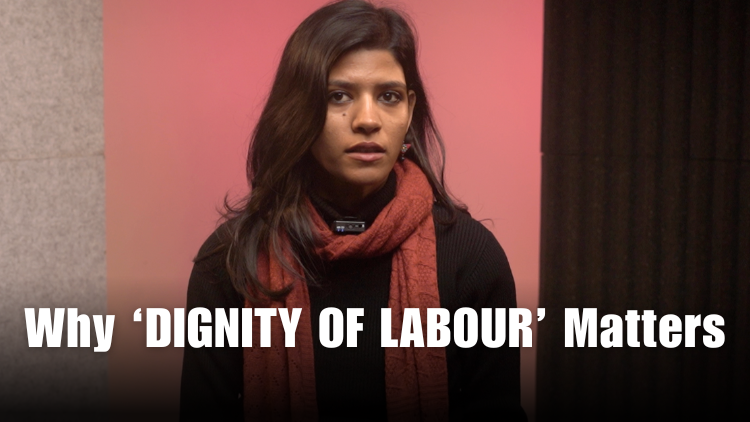
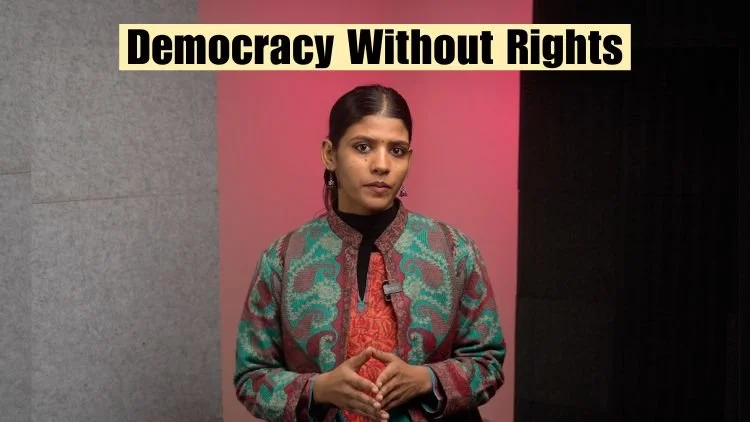
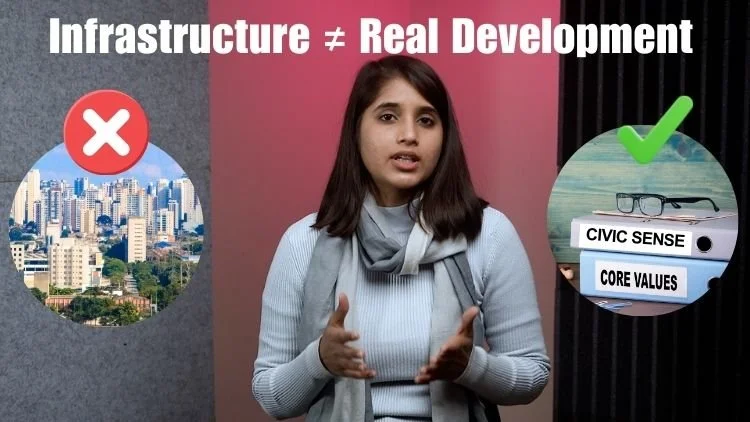
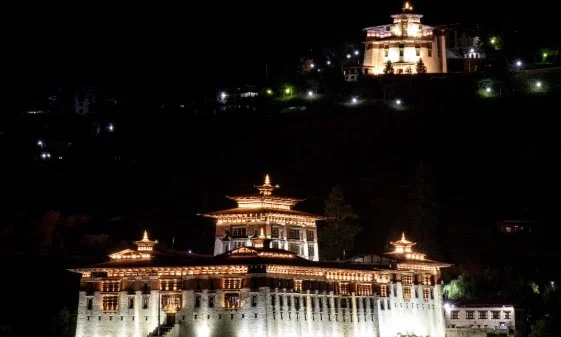
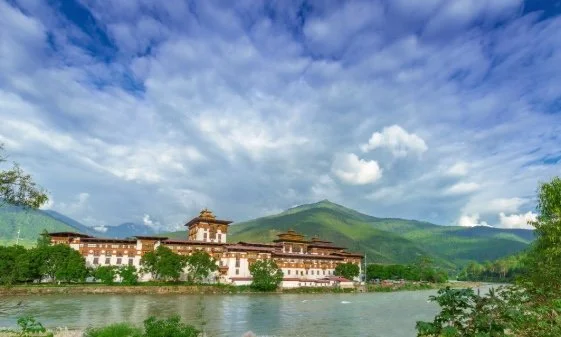






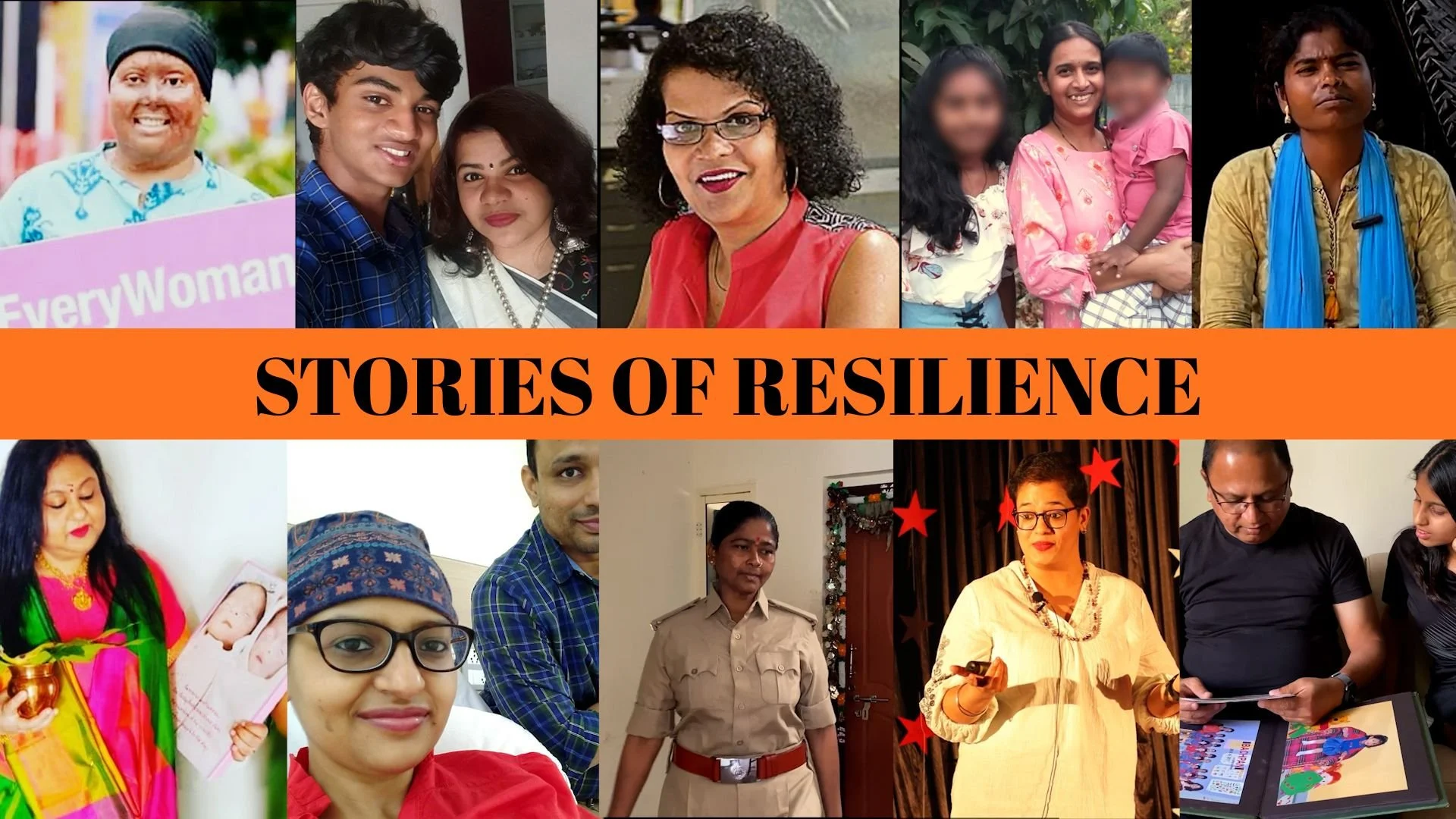
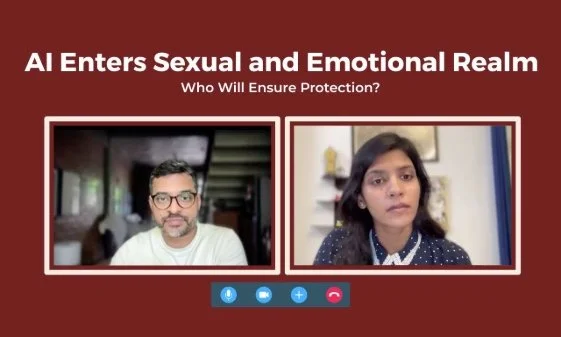

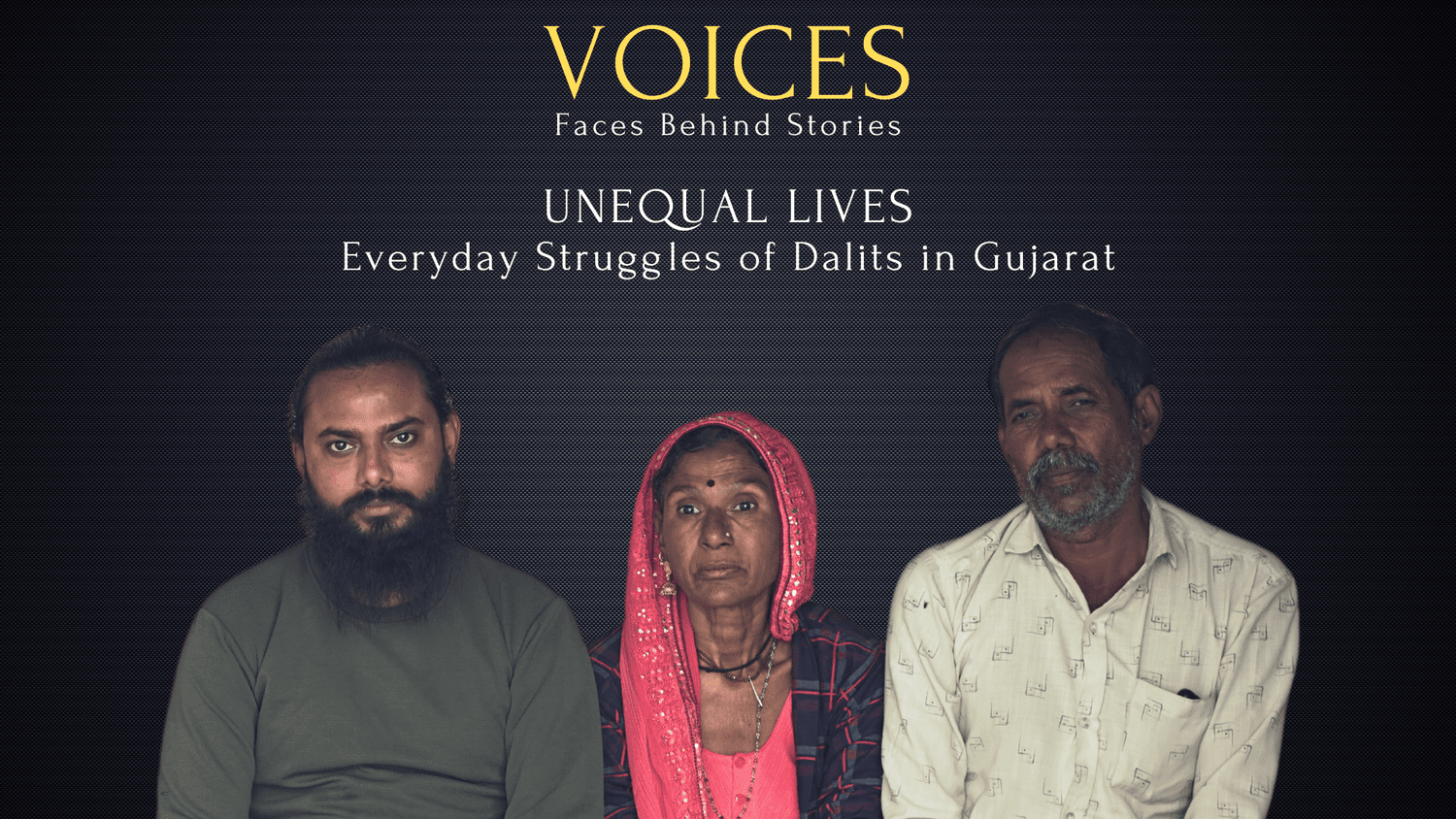
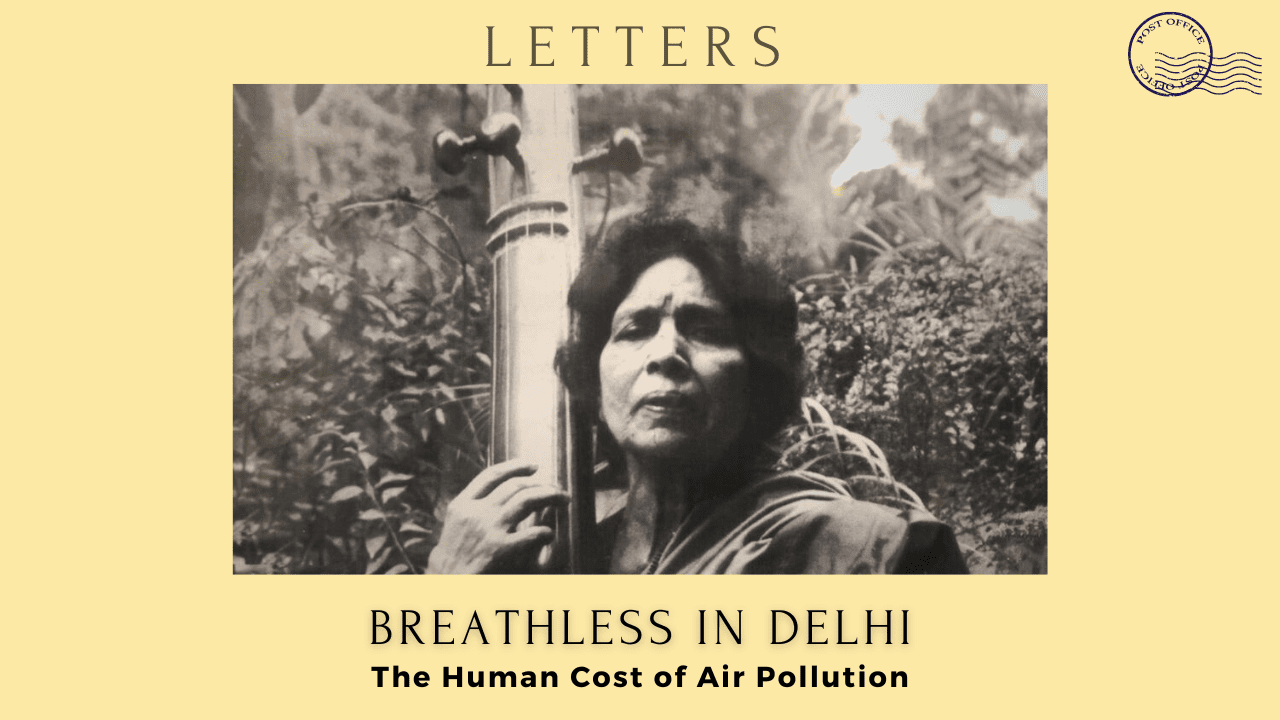
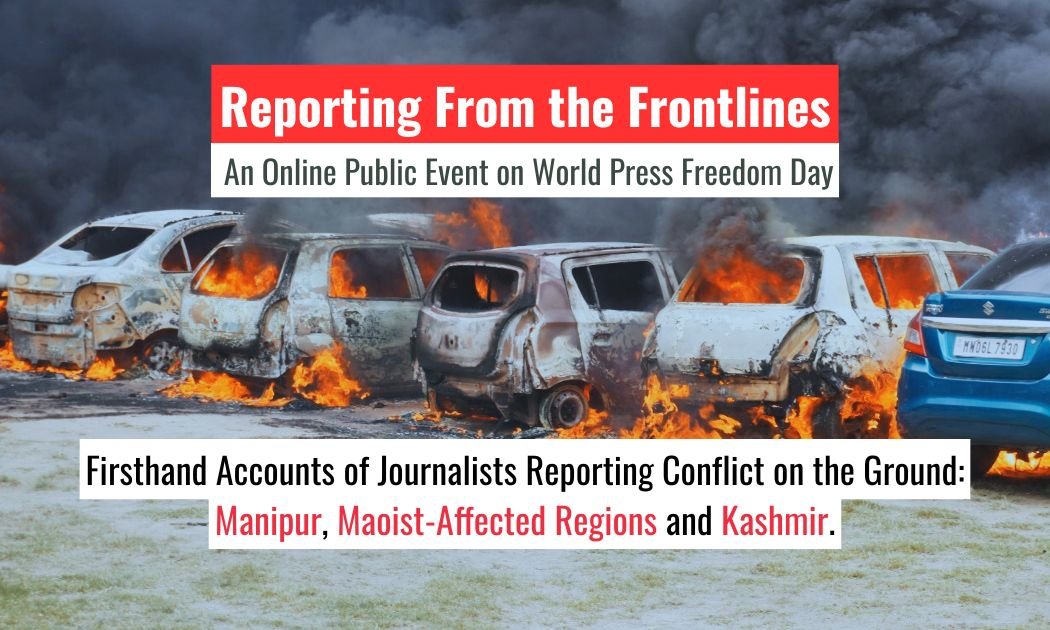

Is India’s workforce growing, but without a matching rise in job quality? The International Labour Organization’s World Employment and Social Outlook: Trends 2026 report shows that in Southern Asia, where India is a key contributor to regional trends, employment growth is concentrated in informal, insecure and low paid work. This means millions are working more but still not earning enough or building stable futures.